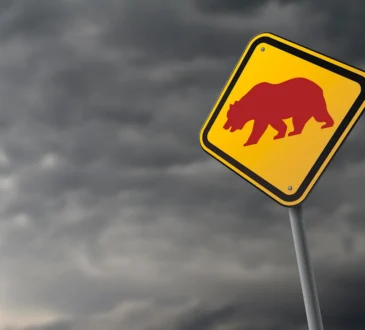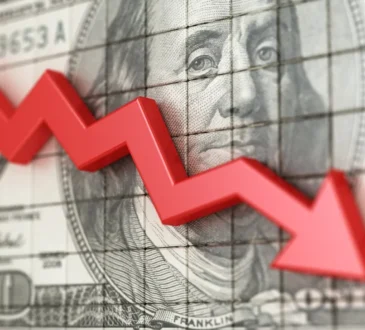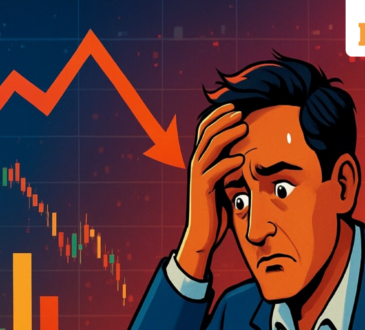With a market capitalization of just $17 billion, Rivian Automotive (RIVN 1.96%) has a long way to go to reach rival Tesla‘s (NASDAQ: TSLA) $1 trillion valuation. But if the gap is ever closed, shares of the upstart electric vehicle (EV) maker could potentially see huge upside ahead. If all goes well, even a relatively small investment could balloon significantly, helping your portfolio pass the $1 million mark.
Will Rivian ever approach Tesla’s gargantuan size? There are two reasons to believe such a meteoric rise is possible.
1. Rivian shares are incredibly cheap
Growing your portfolio isn’t as simple as buying growth stocks. Often, growth stocks are already priced at a premium. So while sales or profits may grow immensely, the market may have already priced in that growth, resulting in minimal gains for shareholders. Sometimes, a company can grow by leaps and bounds and yet shareholders lose value due to buying in at too steep a premium.
Rivian does not face this risk right now. Compared to competitors, its shares trade at a bargain valuation of just 3.1 times sales. Sluggish revenue growth forecasts add credence to this discounted valuation. But there’s no denying that the company’s stock is a bargain not only compared to the competition but also compared to its trading history.
RIVN PS Ratio data by YCharts
The market simply isn’t excited about Rivian stock right now. But if you’re willing to remain patient, you can lock in today’s discounted valuation and wait in the wings for growth rates to reemerge. This is a classic strategy for making huge profits. By buying growth stocks before the market realizes how much growth will occur in the long term, you can benefit from both sides of the coin: a low valuation plus high underlying growth rates.
As we’ll see, Rivian’s growth rates are about to spike. But not within the next 12 months — the typical time frame for Wall Street growth estimates. Rivian’s growth will likely occur over the next 12 to 36 months, giving patient investors a chance to jump in early at today’s bargain valuation.

Can Rivian really catch up to Tesla?
2. Growth rates are about to spike
In 2006, Tesla laid out its master plan for growth. It involved three phases: Build a sports car, use that money to build an affordable car, and use that money to build an even more affordable car. And that’s exactly what Tesla did. It built a sports car, the Tesla Roadster. Then it built more affordable cars like the Model X and Model S. And then it built even more affordable cars like the Model Y and Model 3. Today, the Model 3 and Model Y account for the vast majority of Tesla’s sales.
Rivian is about to follow a very similar growth trajectory. In 2021, the company began deliveries of its first vehicle: the R1T. One year later, it began shipping the R1S. Both vehicles drew high reviews from buyers, but they failed to reach the masses due to their high price tags. Depending on options, both vehicles could be equipped with price tags above $100,000.
That will all change next year when the company begins selling its new “mass market” offerings — vehicles with starting price tags below $50,000 that are affordable to millions of new buyers. This is the critical threshold that put Tesla’s growth on overdrive, and Rivian should begin this new phase of growth starting sometime in 2026.
The company has three mass-market vehicles on deck, not all of which will hit the market in 2026. Some, like the R3X, may wait until 2027 for deliveries to begin. That puts Rivian’s renewed growth path sometime between the next 12 to 36 months. By buying well before this growth takes off, investors secure a very attractive valuation, creating the opportunity for massive growth over the long term.
A decade from now, I wouldn’t be surprised to see Rivian’s vehicle sales rival Tesla’s. At the same time, due to Tesla’s diversified investments in other fields like energy storage and robo-taxis, don’t expect Rivian’s total valuation to exceed Tesla’s anytime soon.
Ryan Vanzo has no position in any of the stocks mentioned. The Motley Fool has positions in and recommends Tesla. The Motley Fool has a disclosure policy.





